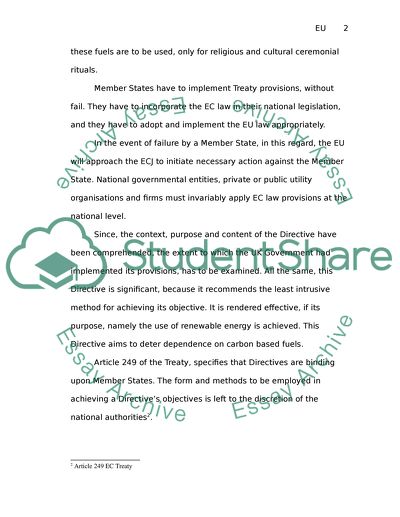Cite this document
(“European Union Law Degree Case Study Example | Topics and Well Written Essays - 2000 words”, n.d.)
European Union Law Degree Case Study Example | Topics and Well Written Essays - 2000 words. Retrieved from https://studentshare.org/law/1505915-european-union-law-degree-case-study
European Union Law Degree Case Study Example | Topics and Well Written Essays - 2000 words. Retrieved from https://studentshare.org/law/1505915-european-union-law-degree-case-study
(European Union Law Degree Case Study Example | Topics and Well Written Essays - 2000 Words)
European Union Law Degree Case Study Example | Topics and Well Written Essays - 2000 Words. https://studentshare.org/law/1505915-european-union-law-degree-case-study.
European Union Law Degree Case Study Example | Topics and Well Written Essays - 2000 Words. https://studentshare.org/law/1505915-european-union-law-degree-case-study.
“European Union Law Degree Case Study Example | Topics and Well Written Essays - 2000 Words”, n.d. https://studentshare.org/law/1505915-european-union-law-degree-case-study.


